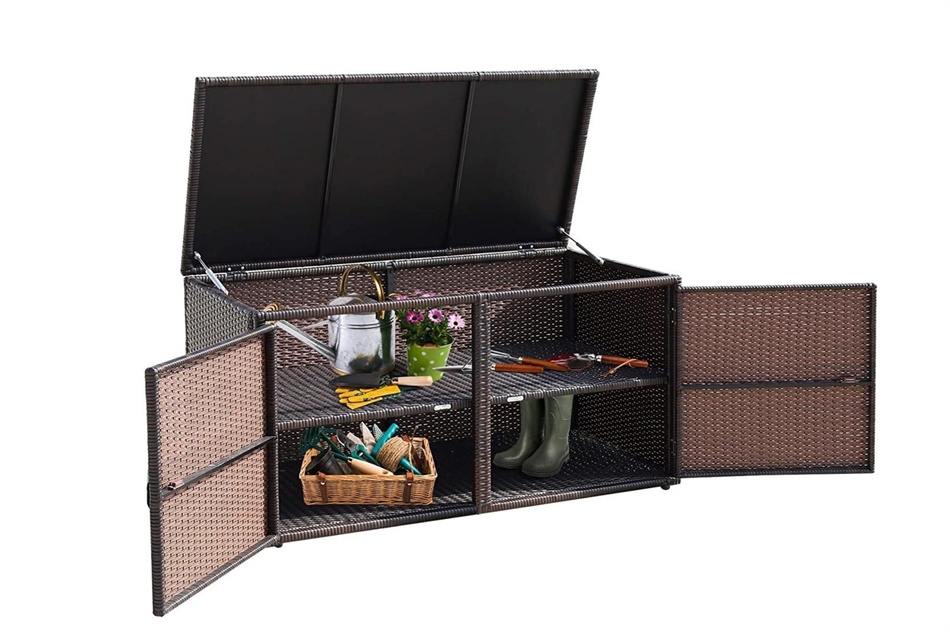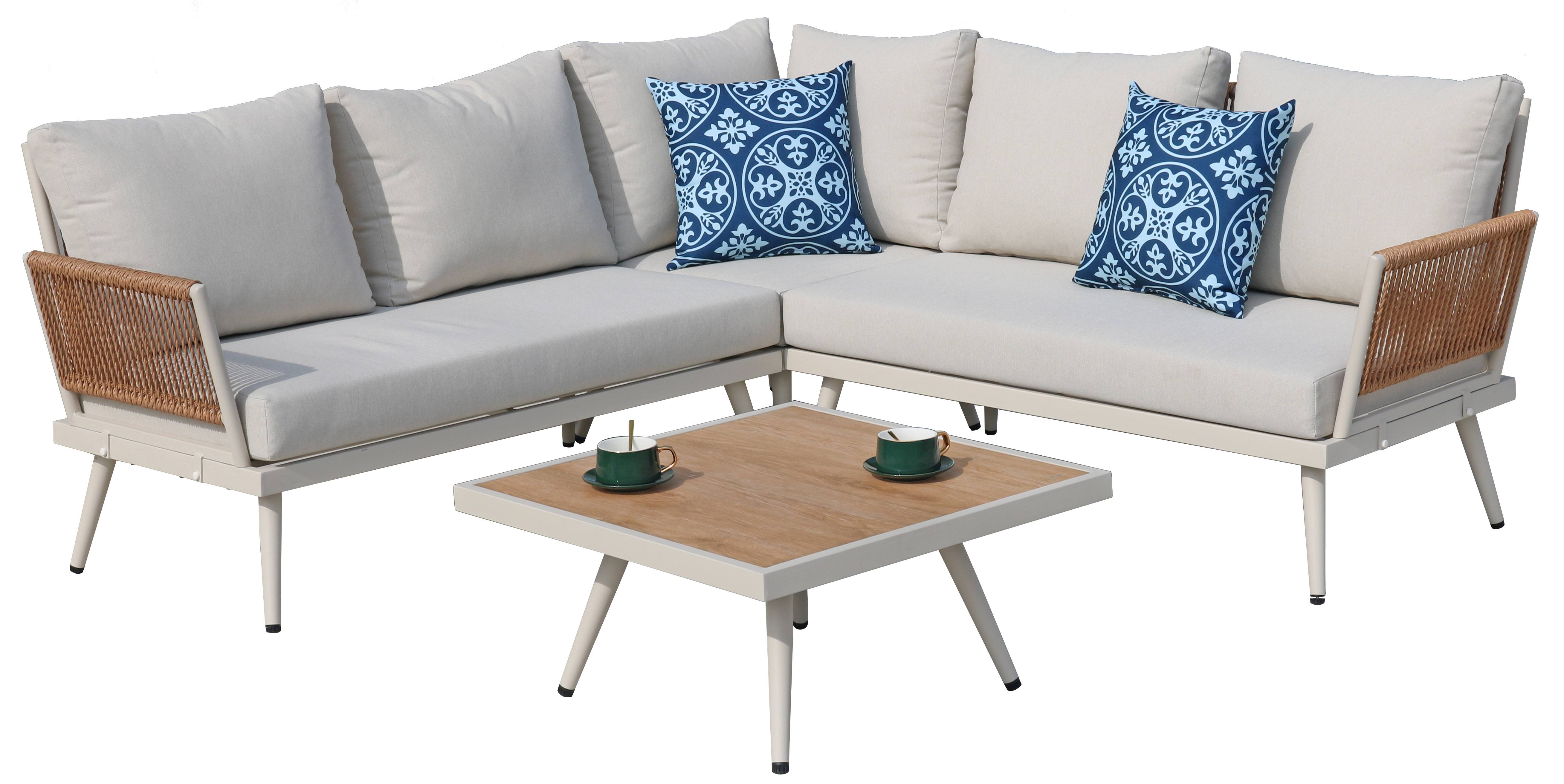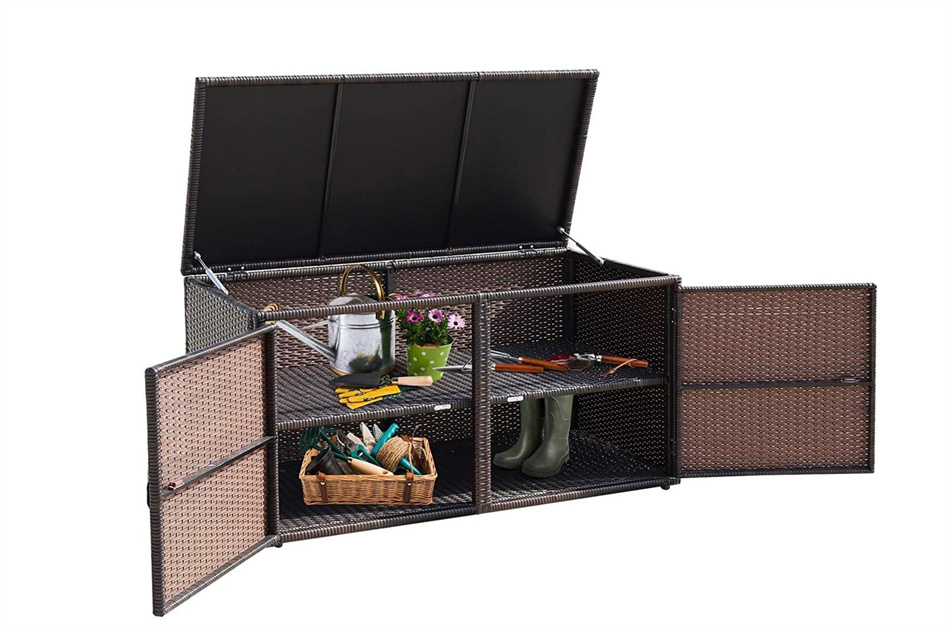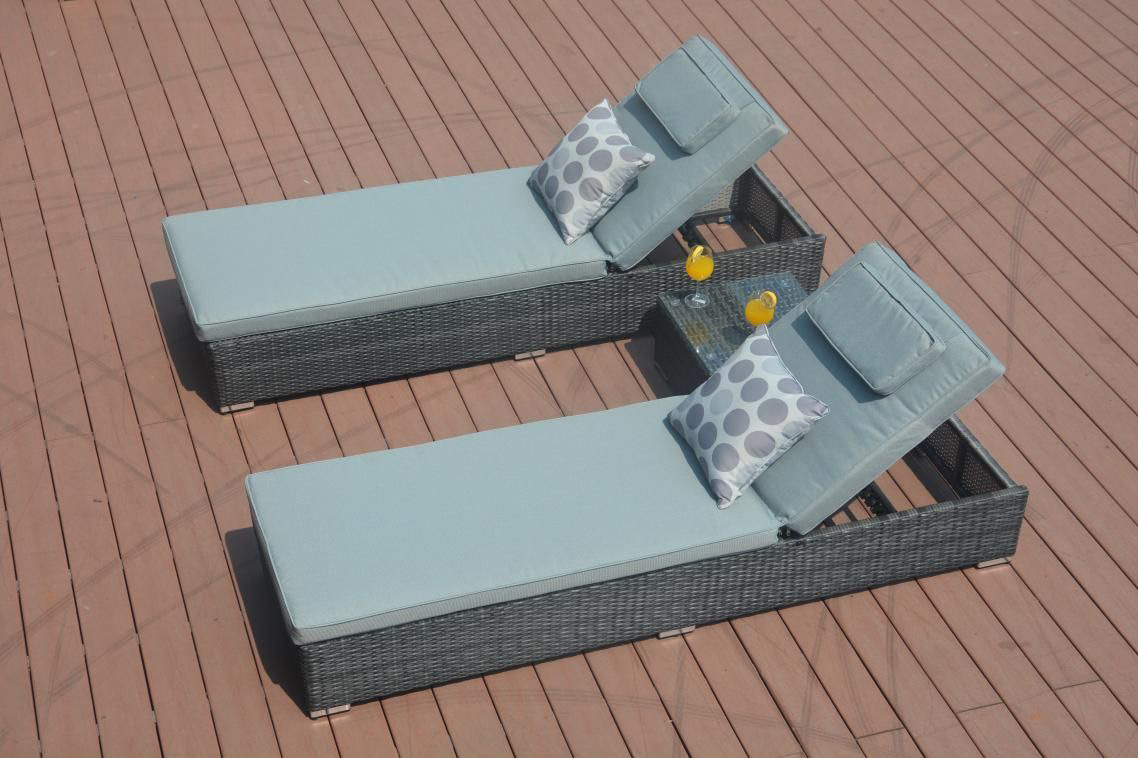Wide application of hanging baskets

Outdoor and indoor hanging baskets are a popular decorative way to display plants and flowers. They can add beauty and greenery to any space, whether it's a balcony, patio, porch, or even indoors. Here are some tips and considerations for outdoor and indoor hanging baskets:
Outdoor hanging basket:
Choose the right plants:
Choose plants that are suitable for your climate and the specific conditions of your outdoor space. Consider factors such as sun exposure, wind and temperature fluctuations. Some popular choices for outdoor hanging baskets include petunias, begonias, ivy, ferns and succulents.
Proper Drainage:
Make sure your outdoor hanging basket has proper drainage holes to prevent standing water. This will help prevent root rot and keep the plant healthy. Watering and Maintenance: Outdoor hanging baskets dry out faster than in-ground plants, so regular watering is essential. Check soil moisture regularly and water when it feels dry. Additionally, consider adding a slow-release fertilizer or using a water-soluble fertilizer to provide nutrients to your plants.
Placement and Care:
Hang the outdoor basket in a sunny location suitable for the plants you choose. Take care to protect yourself from wind, as strong winds can damage fragile pots. Prune and prune your plants regularly to promote healthy growth and prevent leggy growth.
Indoor hanging basket:
Light Requirements:
When choosing indoor hanging basket plants, consider the light conditions in your home. Choose plants that thrive in the available light, whether it's bright, indirect or low light. Some suitable indoor hanging plants include pothos, spider plants, philodendrons, ferns, and philodendrons. Watering and Humidity: Indoor hanging baskets may require less frequent watering than outdoor plants. Be careful not to overwater as this can lead to root rot. Check soil moisture regularly and water when a few inches below the surface feel dry. Additionally, occasionally misting your plants with water can help simulate the humidity they typically receive outdoors.
Air circulation:
Adequate air circulation is essential to prevent mold growth in indoor hanging baskets. Make sure the room is well ventilated to avoid overcrowding your plants.
Fertilization and Care:
Indoor plants generally require less frequent fertilization than outdoor plants. Use a balanced houseplant fertilizer according to the directions provided. In addition, regularly check indoor hanging baskets for pests and diseases and take necessary measures if any problems arise. Remember to consider the weight of hanging baskets and choose appropriate hanging hardware or hooks to ensure they hang securely. Enjoy the beauty and benefits of indoor and outdoor hanging baskets in your home!





